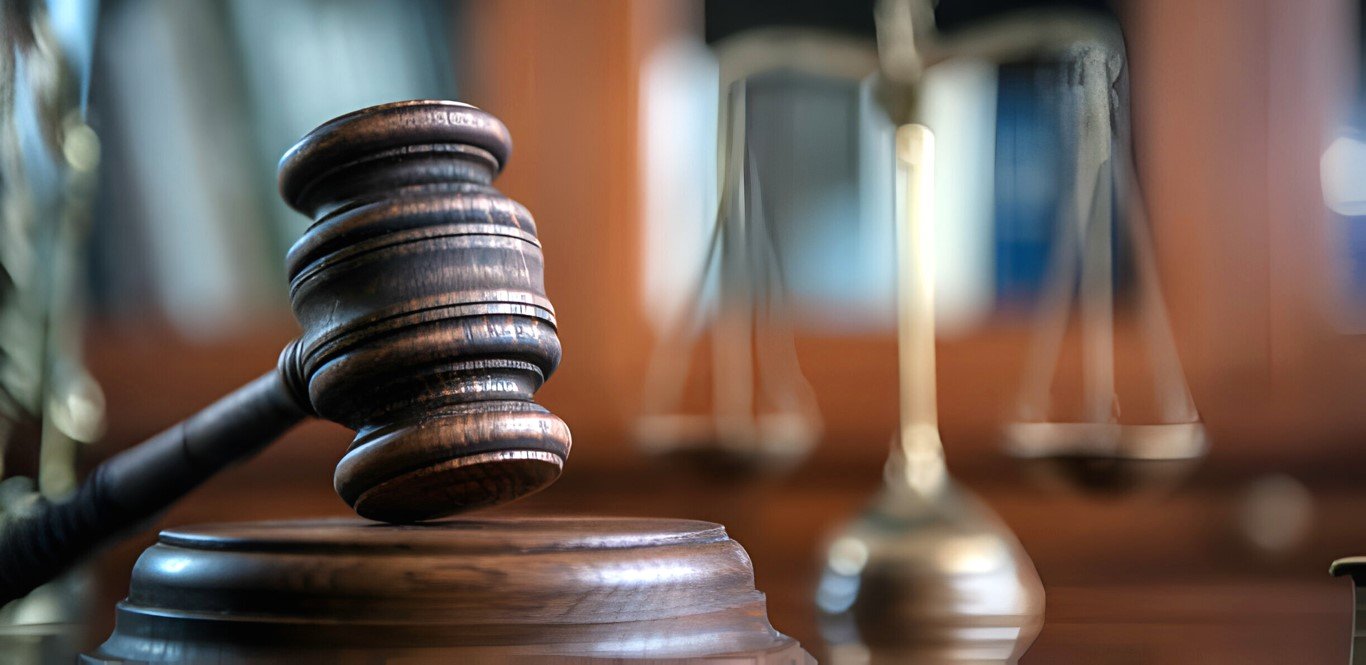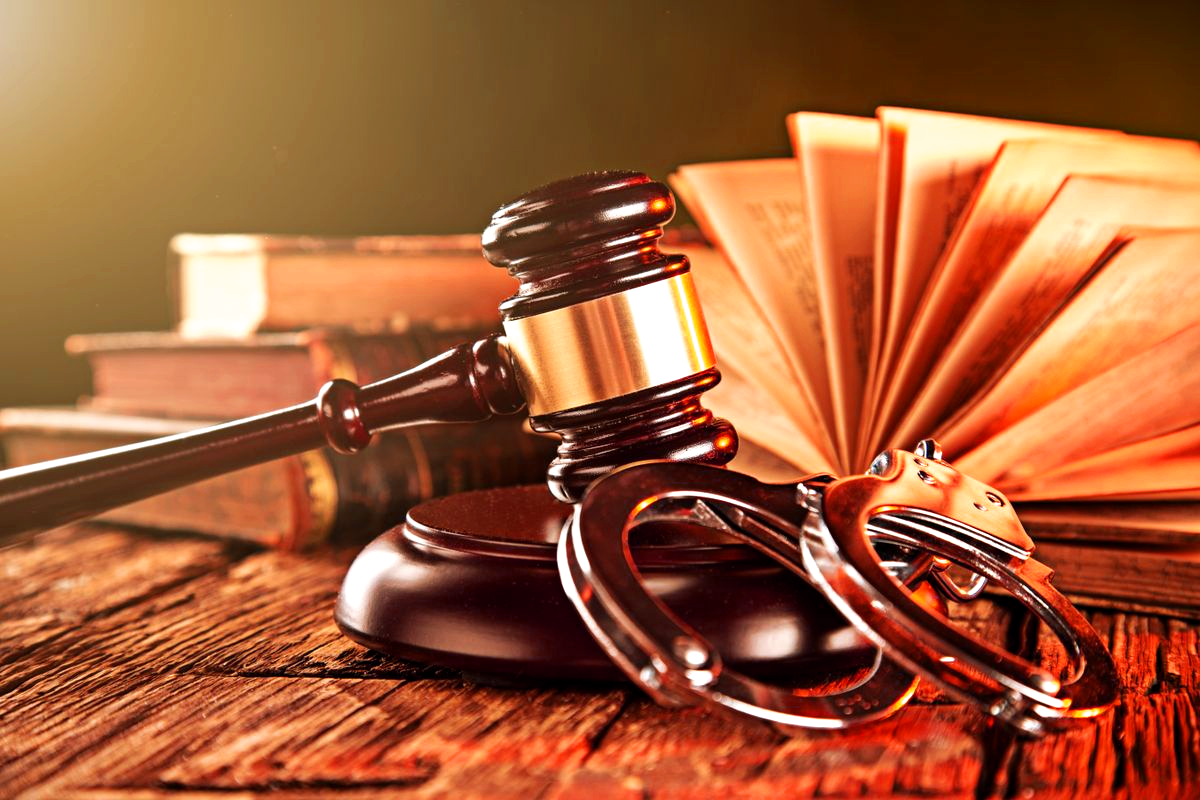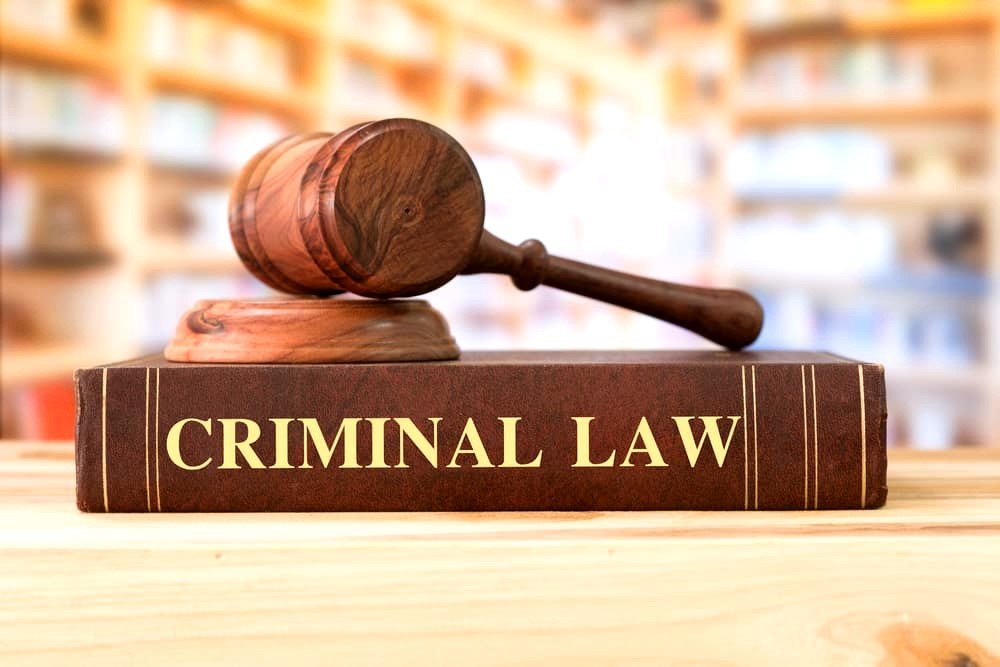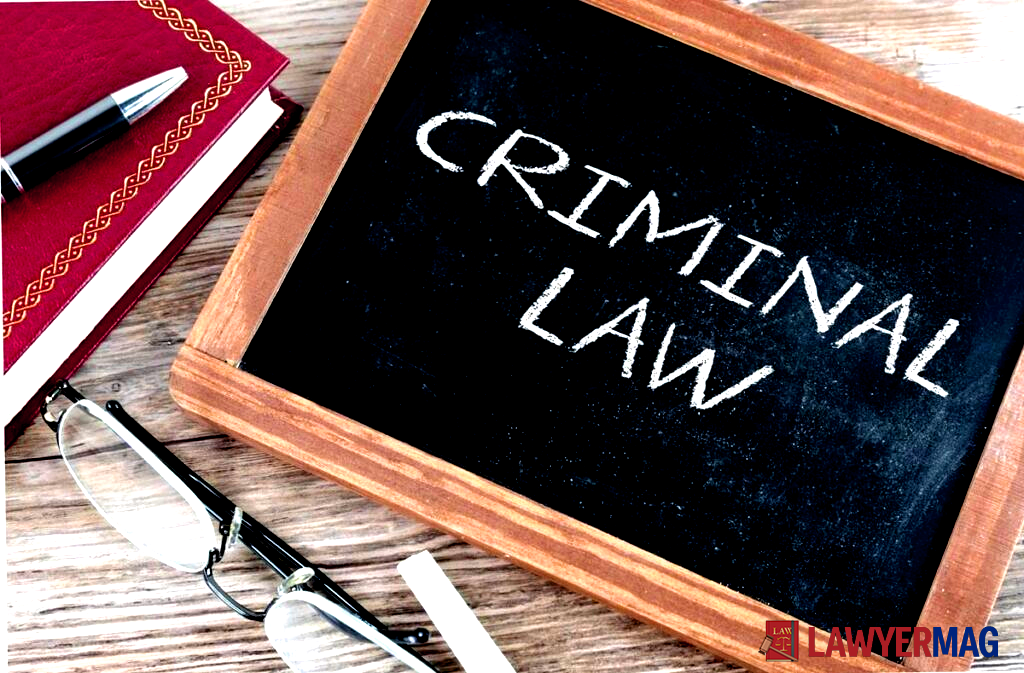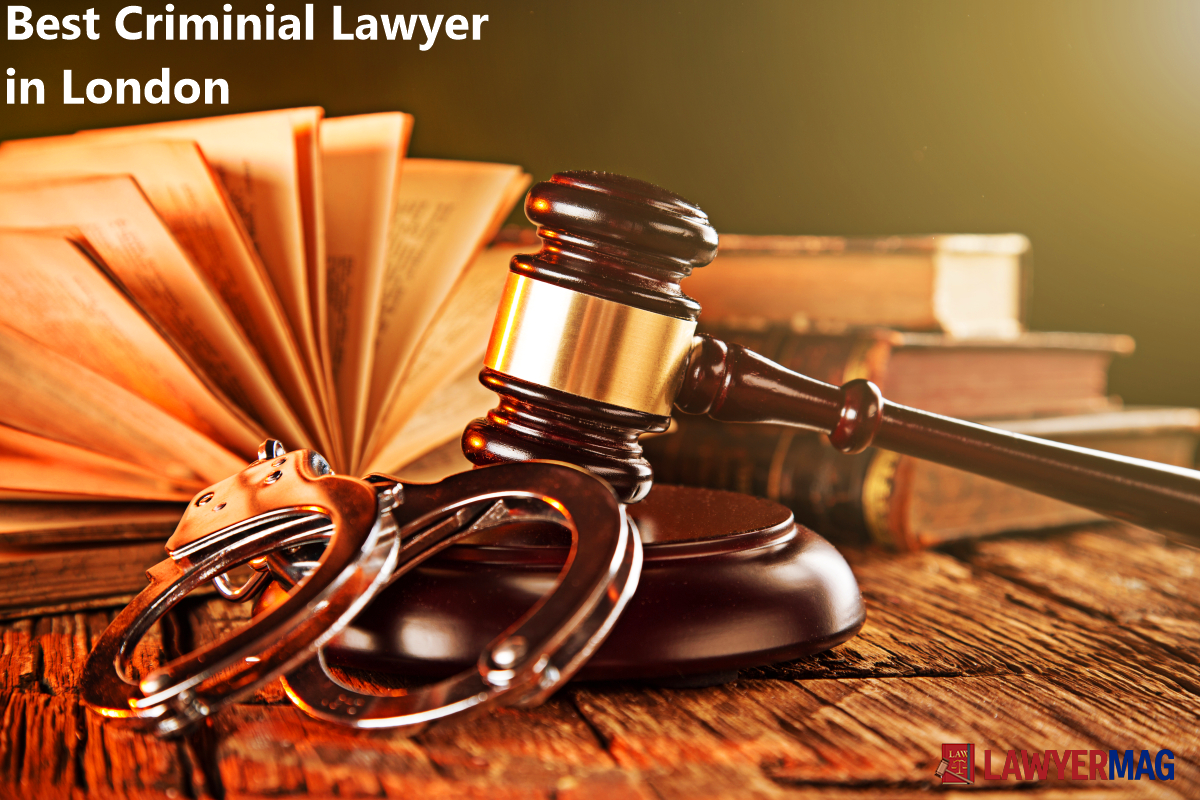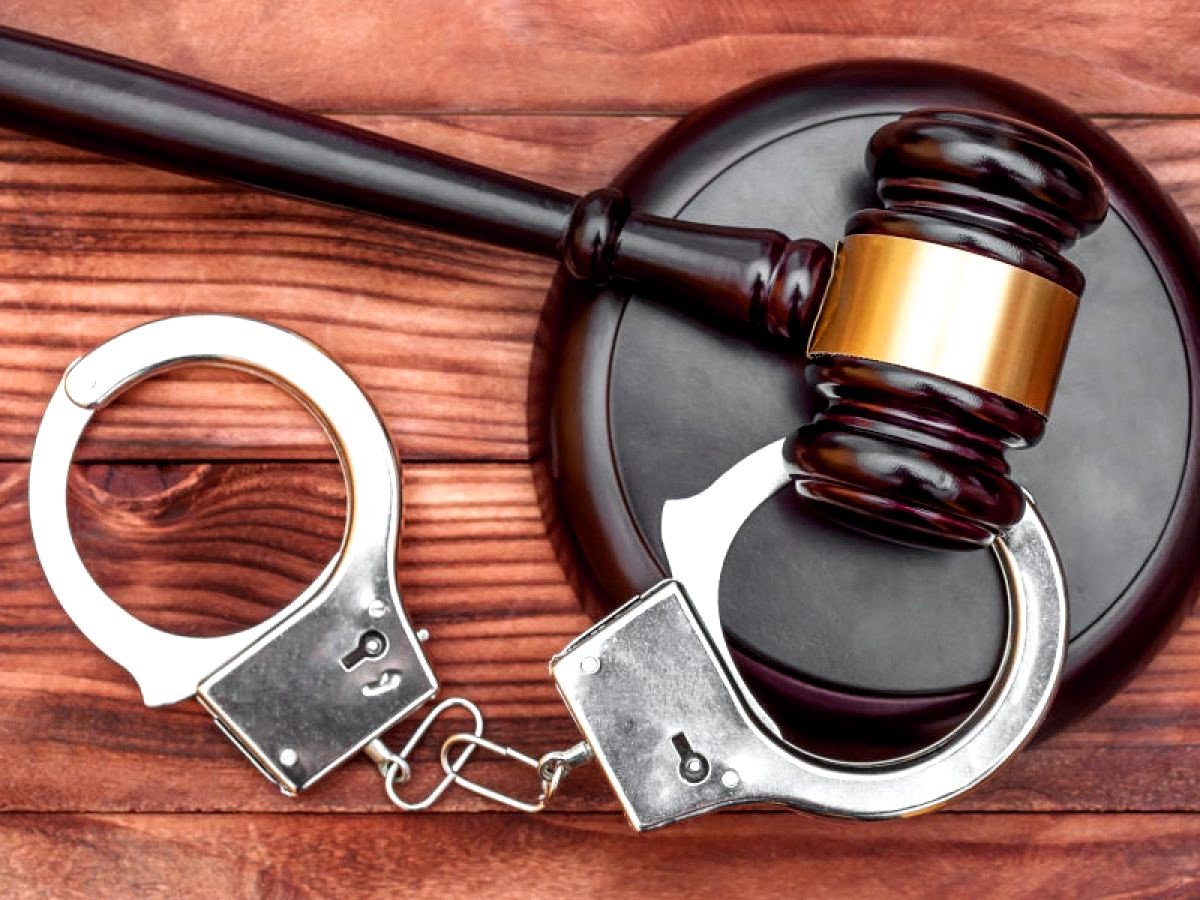5 Questions to Ask Criminal Lawyers
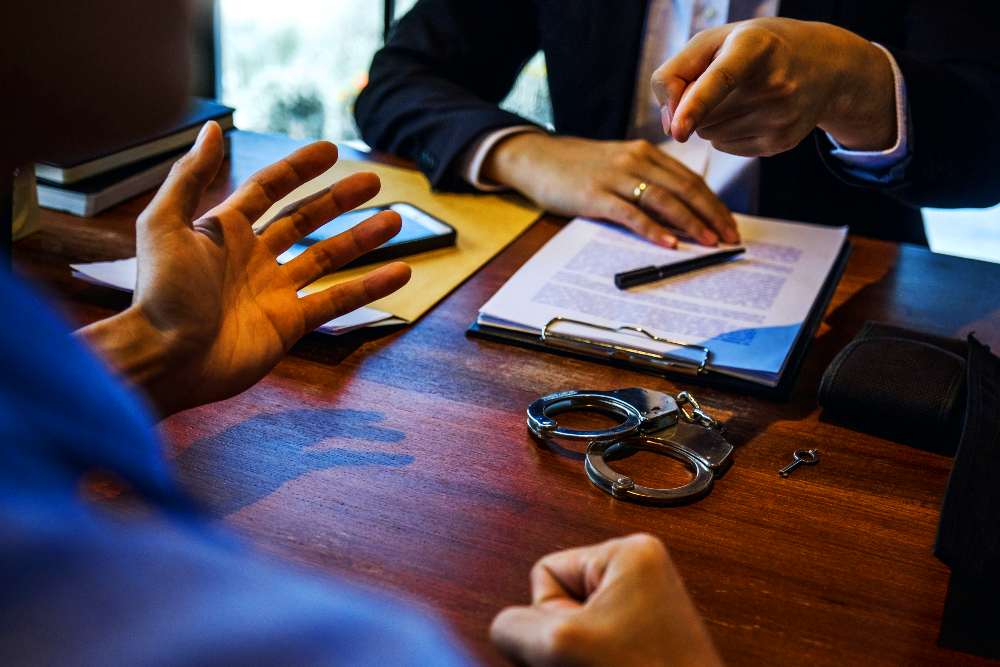
Legal matters can be daunting, especially when faced with criminal charges. In such challenging times, having a knowledgeable and experienced criminal lawyer by your side can make a significant difference. However, finding the right lawyer involves more than just a quick search. To ensure you choose the best representation, here are five crucial questions to ask criminal lawyers:
Top 5 Questions to Ask Criminal Lawyers
1. Experience and Expertise
Why the lawyer’s experience matters
When it comes to navigating the complexities of criminal law, experience is a critical factor. An experienced criminal lawyer has likely encountered a variety of cases, honing their skills and developing an understanding of the nuances within the legal system. This expertise can be invaluable when formulating a defense strategy tailored to your specific situation.
In addition to general experience, inquire about the lawyer’s expertise in criminal law. Criminal cases can encompass a wide range of offenses, from white-collar crimes to violent offenses. Ensure the lawyer you’re considering has a track record of success in handling cases similar to yours.
2. Legal Fees and Payment Plans
Transparent fee structures
Understanding the financial aspect of legal representation is crucial for making informed decisions. A reputable criminal lawyer will be transparent about their fee structure from the beginning. During your initial consultation, ask for a detailed breakdown of the fees associated with their services.
Moreover, inquire about the availability of payment plans. Legal proceedings can be financially burdensome, and a flexible payment plan can make quality representation more accessible. Knowing the cost implications upfront allows you to plan accordingly and avoid any surprises down the line.
Read More: Criminal Law 101: Understanding the Basics of Criminal Justice
3. Communication and Accessibility
The importance of clear communication
Effective communication is fundamental to a successful lawyer-client relationship. When facing criminal charges, you need a lawyer who can explain complex legal concepts in a way that you can understand. During your initial interactions, assess the lawyer’s communication style. Are they clear, concise, and responsive to your questions?
Additionally, inquire about their accessibility. Legal matters can be time-sensitive, and having a lawyer who is available when you need them is crucial. Ask about their policy for responding to client inquiries and whether they offer 24/7 availability, especially in emergencies.
4. Client Testimonials
The role of testimonials in decision-making
In the digital age, client testimonials provide valuable insights into a lawyer’s reputation and competence. A reputable criminal lawyer should be willing to share testimonials from previous clients. These testimonials can offer a glimpse into the lawyer’s approach, communication style, and success rate.
While online testimonials are helpful, consider seeking references directly from the lawyer. This allows you to get a more comprehensive understanding of their track record and ensures the authenticity of the testimonials.
5. Case Assessment and Strategy
How Lawyers Assess Cases
Every criminal case is unique, and a one-size-fits-all approach rarely yields the best results. Inquire about the lawyer’s process for assessing patients. A thorough case assessment involves understanding the details of your situation, identifying potential legal issues, and formulating a strategic plan for your defense.
Ask about the specific strategies the lawyer may employ in your case. A well-thought-out plan demonstrates a proactive approach and a commitment to achieving the best possible outcome for you. Understanding the proposed course of action allows you to gauge the lawyer’s preparedness and alignment with your goals.
In the challenging journey of navigating criminal charges, these questions can serve as a compass, guiding you toward the right legal representation. Remember, your choice of a criminal lawyer can profoundly impact the trajectory of your case.
Conclusion
Choosing a criminal lawyer is a significant decision that requires careful consideration. By asking the right questions regarding experience, fees, communication, testimonials, and strategy, you can make an informed choice that aligns with your needs. Remember, your lawyer is your advocate, and their expertise can be the key to a favorable outcome.
FAQs:
1. How do I know if a lawyer specializes in the type of criminal charges I’m facing?
Specializations are usually mentioned on the lawyer’s website or during initial consultations. You can also inquire about their experience with similar cases to assess their expertise.
2. Are payment plans common among criminal lawyers?
Many criminal lawyers offer payment plans to accommodate clients with varying financial situations. It’s essential to discuss this upfront during the initial consultation.
3. Can I trust online testimonials when evaluating a lawyer?
While online testimonials can provide insights, it’s advisable to verify them by seeking references or conducting further research. Reputable lawyers will often offer references upon request.
4. How often should I expect updates on my case from my lawyer?
Communication practices vary, but a reliable lawyer should provide regular updates on significant developments in your case. Establish expectations regarding communication during your initial discussions.
5. What role does legal ethics play in the practice of criminal law?
Legal ethics are crucial in maintaining the integrity of the legal profession. A lawyer’s commitment to ethical practices ensures fair and just representation, building trust between the lawyer and the client.

